Editor’s note: In this article, The Asunción Times writer Cynthia González explores Paraguay’s growing cat culture from a personal perspective, blending global trends with local insight from Asunción.
Lara stretches across my laptop keyboard at precisely the moment I am trying to write about her. It is three o’clock at night, and she has decided this is the perfect time to demand attention, a feline power move as old as domestication itself. Freya watches from the windowsill, silhouetted against Asunción’s streetlights, her tail flicking with that particular brand of judgement only cats can deliver.
I write this from Asunción, Paraguay’s capital, where cat culture is quietly flourishing, part of a nationwide shift that has transformed how Paraguayans live with, love and understand felines.
The global spell
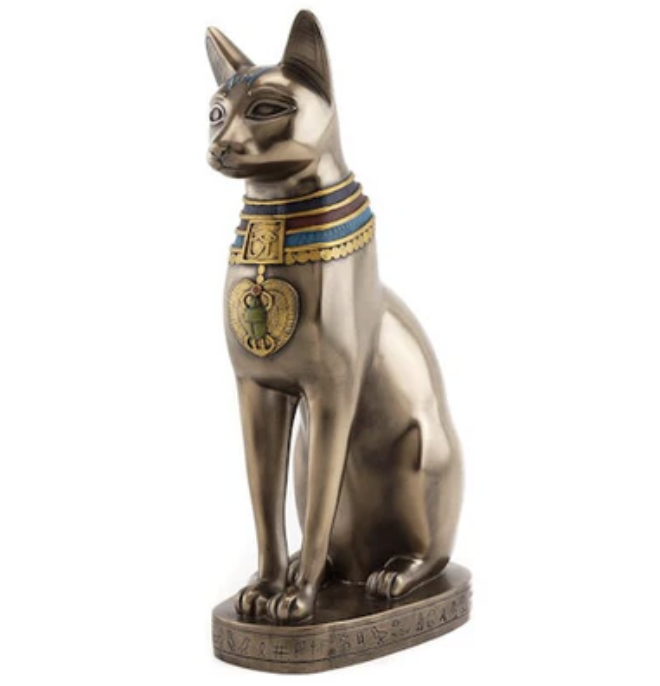
The numbers tell part of the story. On TikTok, #catsoftiktok has accumulated over 50 billion views. Taylor Swift’s Scottish Folds have their own Wikipedia entries. Luxury brands from Gucci to Yves Saint Laurent feature felines in campaigns, because nothing communicates effortless chic quite like a creature that spends sixteen hours a day sleeping and the remaining eight judging you.
But numbers cannot capture the mystique. There is something about cats that resists quantification, a quality the ancient Egyptians understood when they worshipped Bastet, and that Studio Ghibli channelled when they created the Cat King in The Cat Returns. Cats exist in that liminal space between wild and domestic, affectionate and aloof, present and otherworldly.
A local awakening
Paraguay has joined this global conversation with its own distinctive character. Across the country, an infrastructure has emerged that would have been unimaginable a decade ago.
In Asunción, Coffee Cat, the city’s first cat café, offers rescued felines weaving between customers whilst jazz plays softly, a space that feels both cosmopolitan and unmistakably local. Clinics exclusively for cats such as Demovet, Clinicat and BartrinaVet offer specialised feline medicine, understanding species-specific needs from blood chemistry to behavioural health. Feline hotels like Animalarium and BartrinaVet in Asunción, and Miu Hospedaje Gatuno in Ciudad del Este, provide boutique accommodation with twenty-four-hour monitoring.
This infrastructure exists because demand exists. And demand exists because something has shifted in how Paraguayans view cats, no longer merely pets, but family members whose needs merit professional attention.
Behind Paraguay’s cat culture: The activists and the artists
Behind the aesthetic lies urgent work. Organisations such as Polki Squad and Happy Paws Association Paraguay (Asociación Patitas Felices Paraguay) rescue, sterilise and rehome thousands of animals annually. Their Instagram feeds document both heartbreak and hope, kittens pulled from storm drains, elderly cats abandoned by owners and adoption success stories.
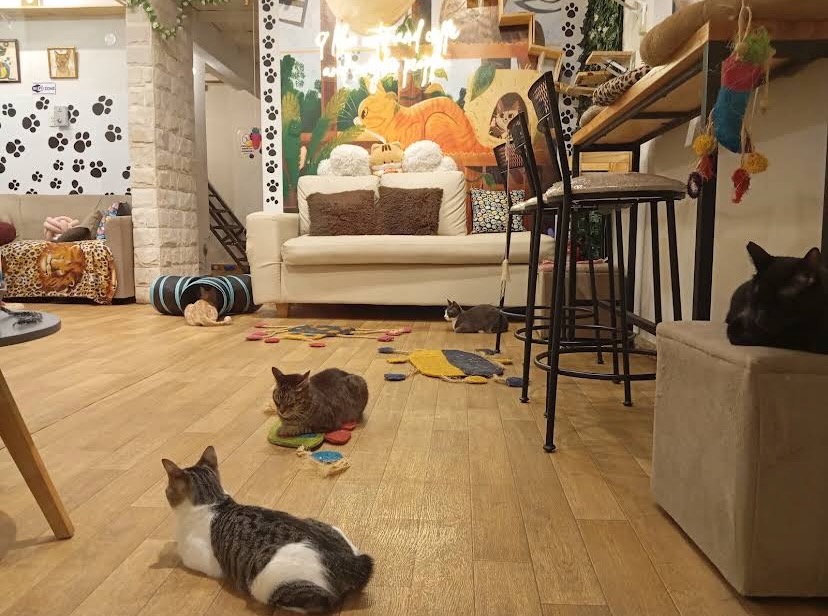
These groups operate with limited funding, relying on volunteer labour and donations. They represent the ethical backbone of cat culture, whilst social media celebrates feline beauty, these volunteers fight daily for feline survival.
The contradiction persists: Paraguay simultaneously embraces cat culture whilst learning how to care for its cat population. Instagram celebrates whilst streets remain difficult. This tension defines the moment, cat culture in formation, values in flux.
Meanwhile, Paraguayan artists embrace feline imagery. Minimalist prints of black cats appear in local markets. Tote bags proclaim ironic slogans. It is a visual language borrowed from global trends but inflected with local creativity.
The mystery they embody
What captivates us about cats? Perhaps their inscrutability. Dogs wear their hearts on their sleeves; cats make you work for affection. This withholding creates fascination.
Or perhaps their aesthetic perfection. Every movement is choreographed grace, the way Freya leaps from floor to counter in one fluid motion, the way Lara grooms herself with meticulous attention. Cats are living art, and we are their perpetual audience.
Beyond their elegance, there is also their connection to the mystical. In Japanese folklore, bakeneko are supernatural cats with shapeshifting abilities. In Celtic mythology, the Cat Sìth is a fairy creature. This liminal quality makes them endlessly compelling. They seem to know things we do not, to perceive frequencies beyond our hearing.
When Lara stares at a corner where nothing visible exists, I do not dismiss it. Part of me wonders: what does she see?
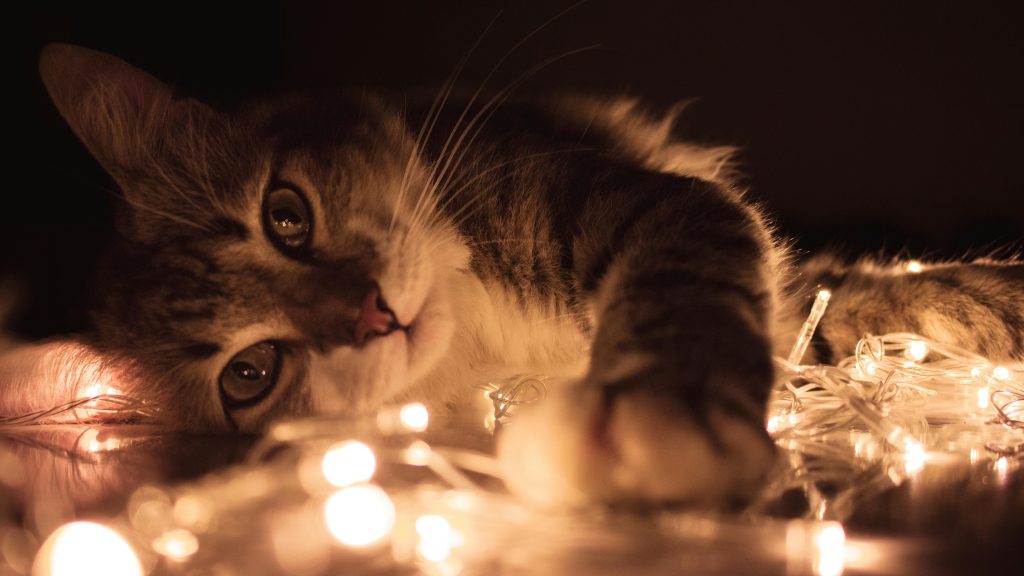
What cats teach us
Living with cats is a daily lesson in accepting lack of control. You cannot make a cat love you. You can only create conditions where love might occur, then wait.
Cats teach boundaries. At home, Lara will tolerate exactly three minutes of cuddling before she has had enough. She communicates this clearly, and I must respect it. In a world that constantly demands more, cats model refusal.
They also teach presence. When Freya finally settles in my lap, she is completely there. Unlike me, she is not distracted by notifications or tomorrow’s worries, simply existing in that moment.
The future is feline
Late at night, after Lara has vacated my keyboard and Freya has deemed the windowsill uninteresting, I think about what cat culture means. It is easy to dismiss it as frivolous, cute videos and overpriced cafés. But perhaps it represents something deeper.
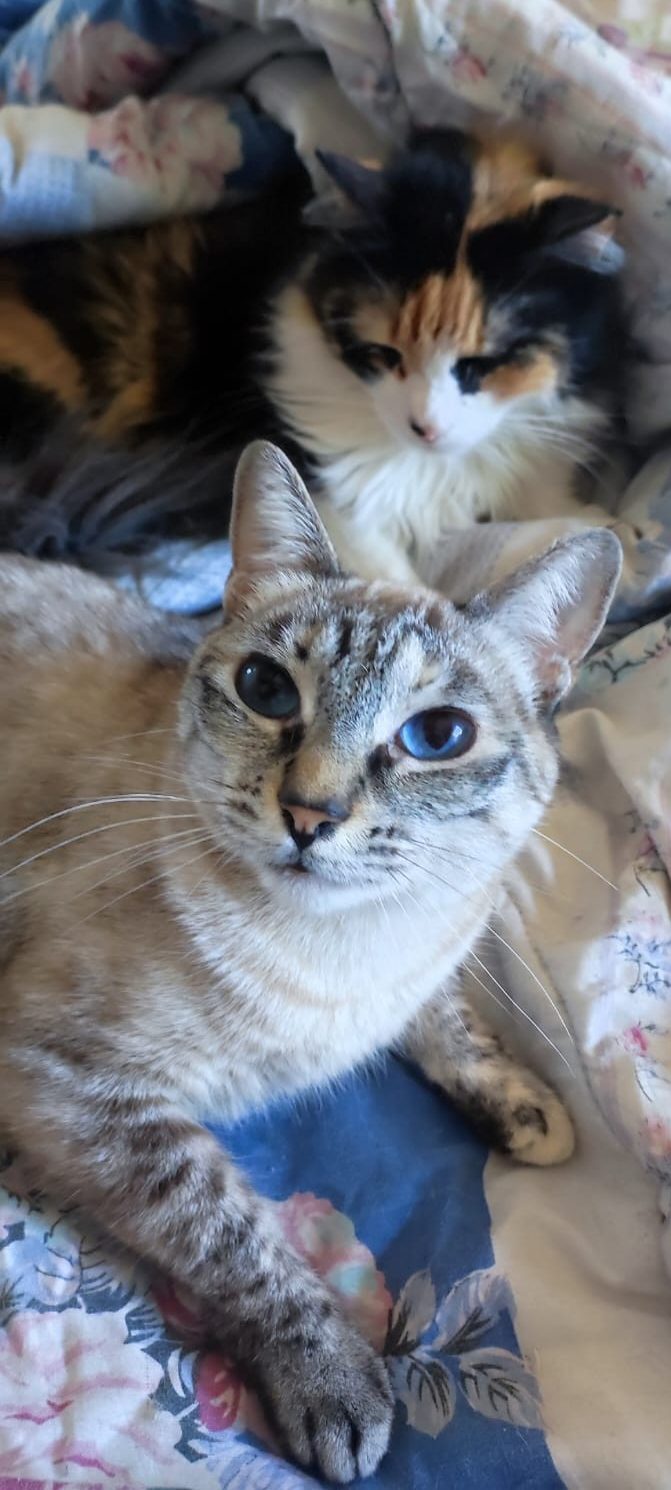
In a world characterised by uncertainty and precarity, cats offer a different model.Adaptable but never servile, cats form bonds without losing independence and find comfort in routine whilst remaining fundamentally wild.
Global cat culture has reached every corner of the world, and each place makes it its own. The cafés exist alongside the rescue missions. The Instagram posts coexist with the sterilisation campaigns. The aesthetic appreciation lives next to the ethical commitment. This is messy, contradictory, and entirely human.
What cats reveal about us is this: we are hungry for connection that does not demand we lose ourselves. We want companionship that respects boundaries. We need reminders that rest is not laziness, that observation is not passivity, that refusal can be self-care.
As I finally close my laptop and prepare for sleep, Freya jumps onto the bed and curls precisely into the space behind my knees. She purrs. I am dismissed from my work, commanded to rest, and utterly content.
The cats have won. But then, they always do.

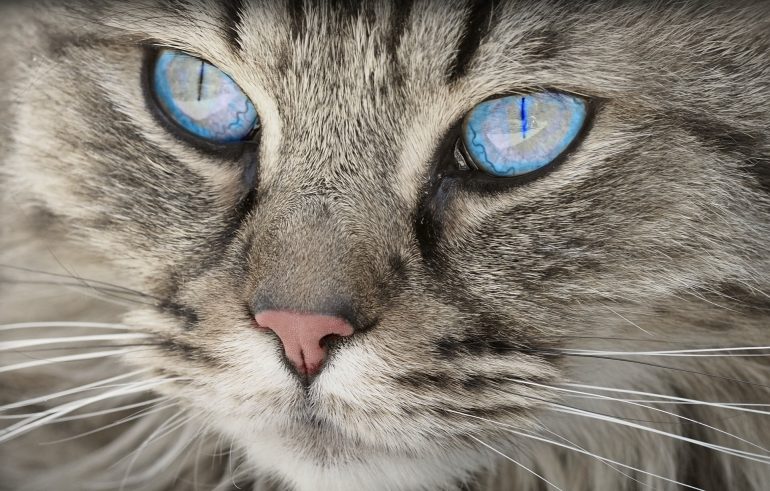

Freya and Lara are the cutest! Loved the article Cyn 🙂
Aww, thank you Genesis! 🙂